Iran's historic operation against Israel rooted in Palestine's freedom struggle
By Iqbal Jassat
The eve of April 14, 2024, and the hours that followed into the night will be recorded in history as truly momentous, for it saw the Islamic Republic of Iran launch a military operation directly from its soil on apartheid Israel’s colonial regime.
‘Operation True Promise’, as it was called, was a natural and legitimate response to the Tel Aviv regime’s illegal airstrike on the Iranian consulate in Damascus two weeks ago, which resulted in the assassination of seven Iranian military officials, including a senior IRGC commander.
Settlers attest to the tense hours when Iranian long-range drones and ballistic missiles hovered over the night skies of the occupied territories as bewildering, shocking and alarming.
Many said they spent the night in bunkers and safe rooms, frightened, anxious, and sleepless.
It was a new reality they were confronted with, to have been on the receiving end of an attack, much different from being cheerleaders to the slaughter of thousands of innocent Palestinians in Gaza and the repetitive pogroms in the occupied West Bank.
A columnist in Forward described the somber reality of the effects of Iran's retaliatory strikes in the following words: "Sunday is the start of the Israeli workweek, but schools and many offices were closed for the day. This cosmopolitan city’s typically crowded light rail was sparse and remarkably silent, with the few passengers glued to their smartphones looking for answers nobody could seem to find".
While the uncertainty of the result of Iran's epoch-making attack has preoccupied military analysts keen to find answers, they certainly cannot ignore the fact that the regime’s deterrence capacity has been severely compromised and its much-hyped intelligence prowess has been exposed as a myth.
Former French military mission chief to the United Nations, General Dominique Trinquand made an important point: "The significant development in this conflict is that Iran has directly hit Israel".
Though advanced American defense technology intervened on behalf of Israel to intercept many of the drones and missiles, the Iranian attack "carries significant weight", he hastened to add.
"One cannot underestimate the number of missiles and drones fired at Israel from Iran, Iraq, Yemen and Lebanon, with strikes on the Golan Heights,” he wrote.
An equally important observation was made by Didier Leroy, a researcher at the Royal Military Academy of Belgium.
According to him, "We have crossed a qualitative threshold that changes the dynamics and repositions Iran on the map as an active military player."
From his vantage point as a former director of Israeli military intelligence, Amos Yadlin predicted that the Iranian attack may lead to a strategic change in "the war in Gaza and even to its end."
The military decree issued by Israel’s war cabinet to block information on the damage caused by Iran's attacks has gagged local and international media platforms and denied access to independently verify claims that "minimal" damage had occurred.
Such repressive conduct which unfairly censors news content has given the regime carte blanche to disseminate propaganda couched as "information" but far removed from truth and accuracy.
A prominent Iranian analyst Professor Sayed Mohammed Marandi insisted that Iran's main targets were two Israeli regime airbases. And that 20 or more missiles struck their targets.
“The other drones and older generation missiles were inexpensive decoys that depleted the Israeli air defense capabilities of most of its very expensive missiles,” he noted.
Skeptics who may argue that Iran's attack was a failure either ignore or deliberately obfuscate the new reality of deterrence injected by the Islamic Republic.
From an Iranian perspective, the attack on its consulate in Damascus was a redline which, if not retaliated against, would erase any notion of deterrence, opening the door for even more brazen Israeli military actions, up to and including direct attacks on Iran.
No wonder that former US Marine Corps intelligence officer Scott Ritter described Iran's retaliatory attack as one of the "greatest victories of this century."
True Promise: Iran's historic retaliatory operation against Israeli positions pic.twitter.com/1heola3RCp
— Press TV 🔻 (@PressTV) April 14, 2024
“Operation True Promise” will go down in history as one of the most important military victories in the history of modern Iran, keeping in mind that war is but an extension of politics by other means.
The fact that Iran has established a credible deterrence posture without disrupting major policy goals and objectives is the very definition of victory, wrote Ritter.
This point is also emphasized by Palestinian academic Professor Sami Al-Arian. He insists that the theory of Israeli deterrence has been greatly undermined.
"The strategic situation of the Zionist regime after October 7 is not the same as it was before. Similarly, the regional strategic situation after April 14 is not the same as well,” he said.
No matter how Israel’s racist right-wing regime headed by a megalomaniac war-monger Benjamin Netanyahu attempts to spin its lockdown as a "victory", the facts dispute this narrative.
Iran's prestige as the foremost supporter of Palestine's freedom struggle has been enormously bolstered. It is a position it has not shied away from nor concealed.
In fact, part of the strategic calibration that went into its well-coordinated retaliatory attack has been to ensure that Gaza’s plight is neither overshadowed nor forsaken.
Unsurprisingly Gaza-based resistance movement Hamas backed Iran and affirmed “the natural right” of countries and peoples in West Asia to defend themselves “in the face of Zionist aggressions”.
“The military operation carried out by Iran against the Zionist entity is a natural right and a due response to the crime of targeting the consulate in Damascus,” it said.
The most important lesson of Iran's heroic mission is that fighting for liberation, defending sovereignty, and resisting occupation and oppression is a just cause.
Iqbal Jassat is an executive member of Media Review Network, Johannesburg, South Africa.
(The views expressed in this article do not necessarily reflect those of Press TV)
Netanyahu orders Israel negotiators to continue in Doha
Israeli regime strikes buildings in Lebanon’s south
Suicides among Israeli forces surge amid Gaza war
Gen. Soleimani turned threats into opportunities and fortified resistance axis
Houthi: General Soleimani thwarted US conspiracies in West Asia
Islamic Jihad prevents Israeli captive from taking own life
Pezeshkian: We will continue path of Gen. Soleimani with power
Israel forces make incursion into Lebanese town, torch homes


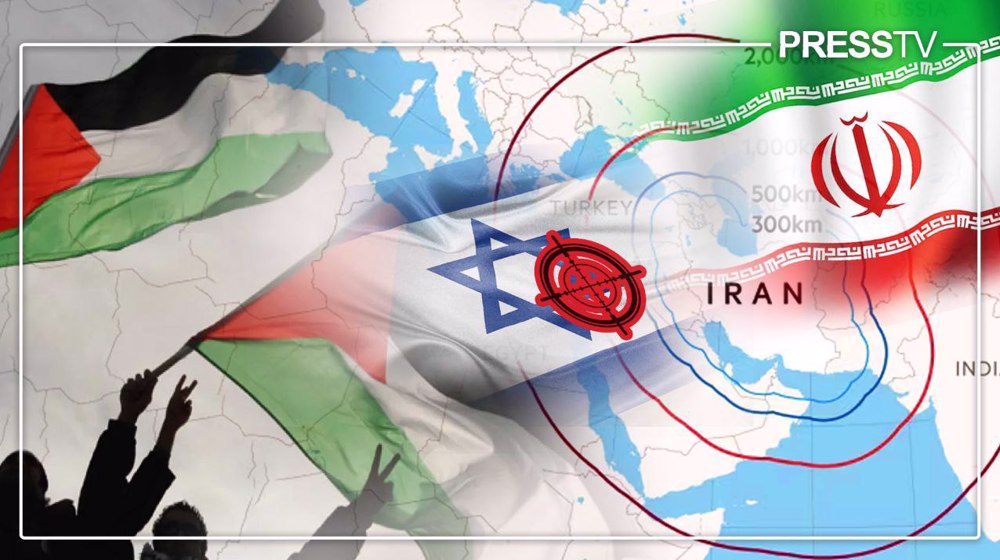
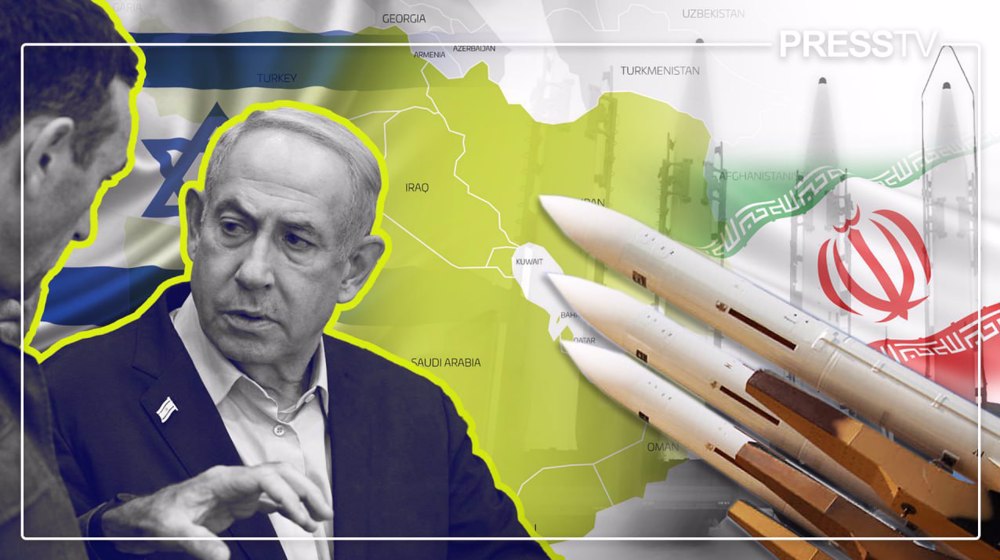
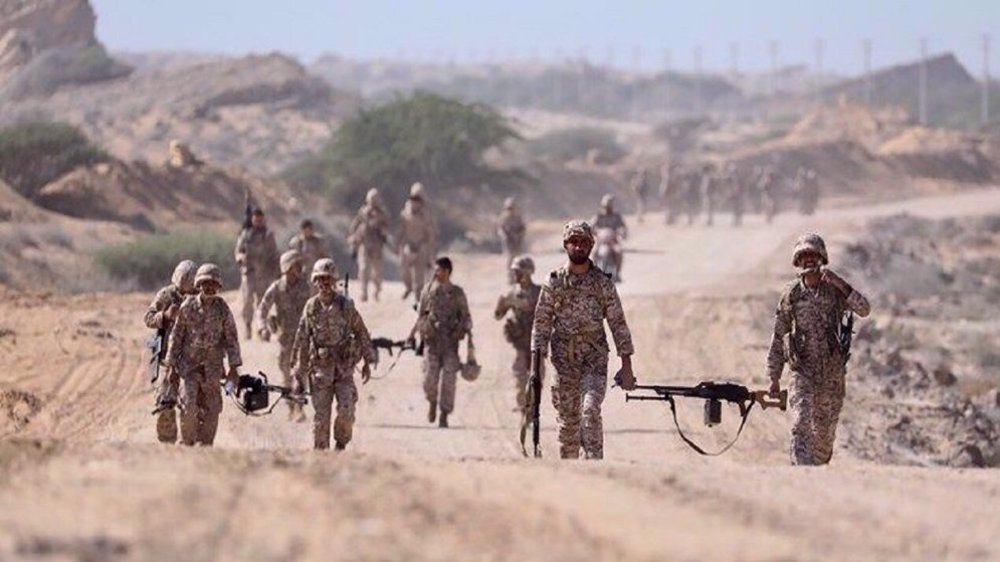
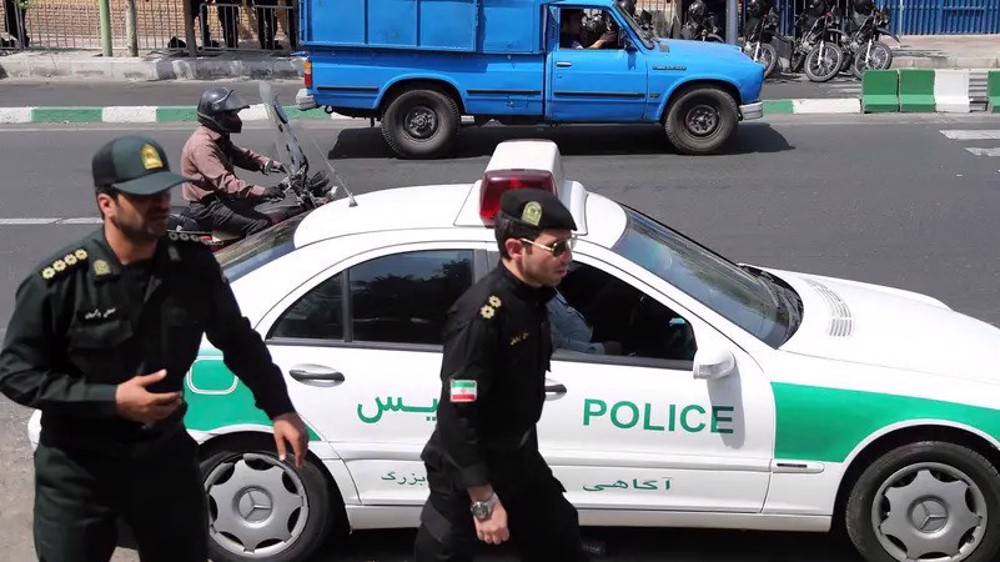
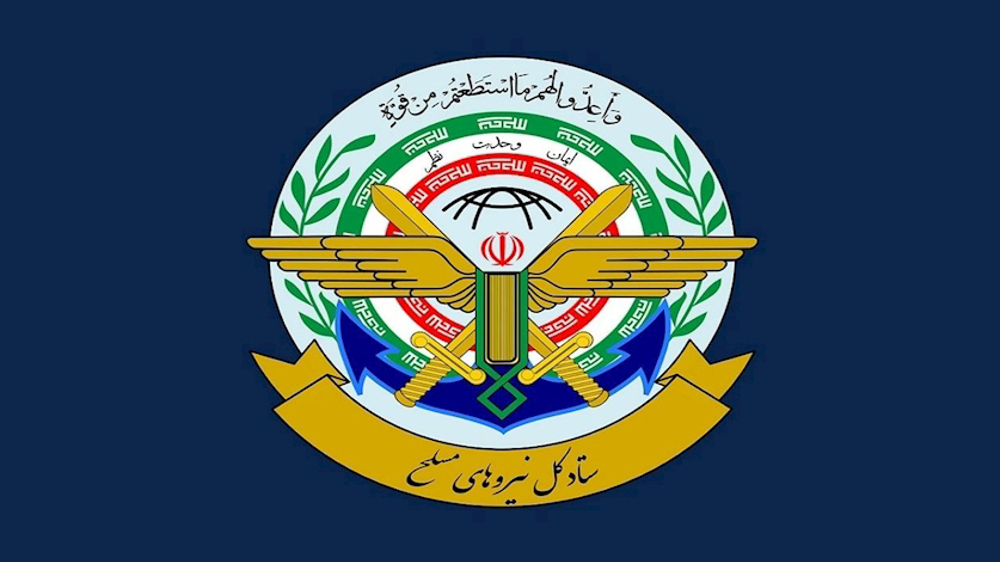



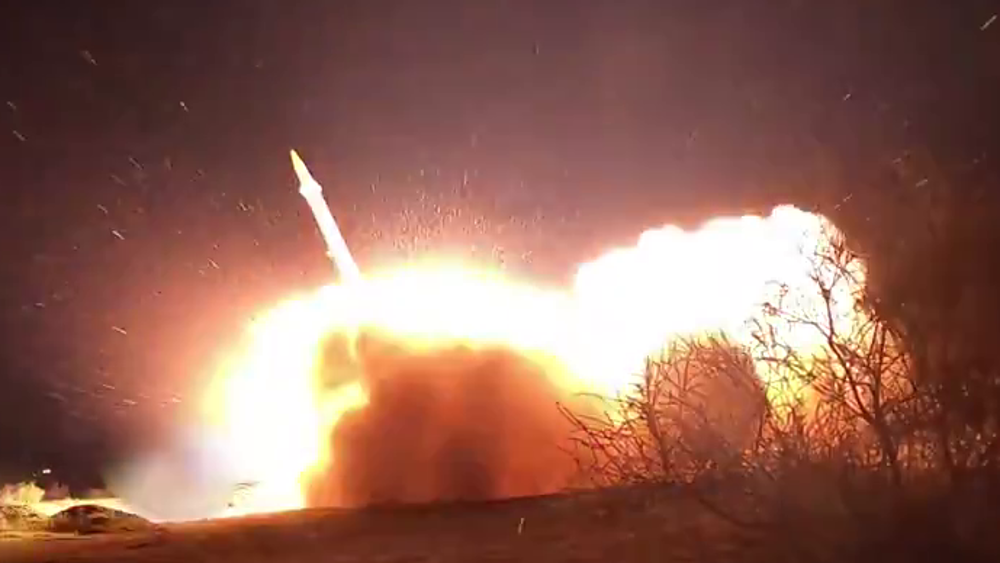
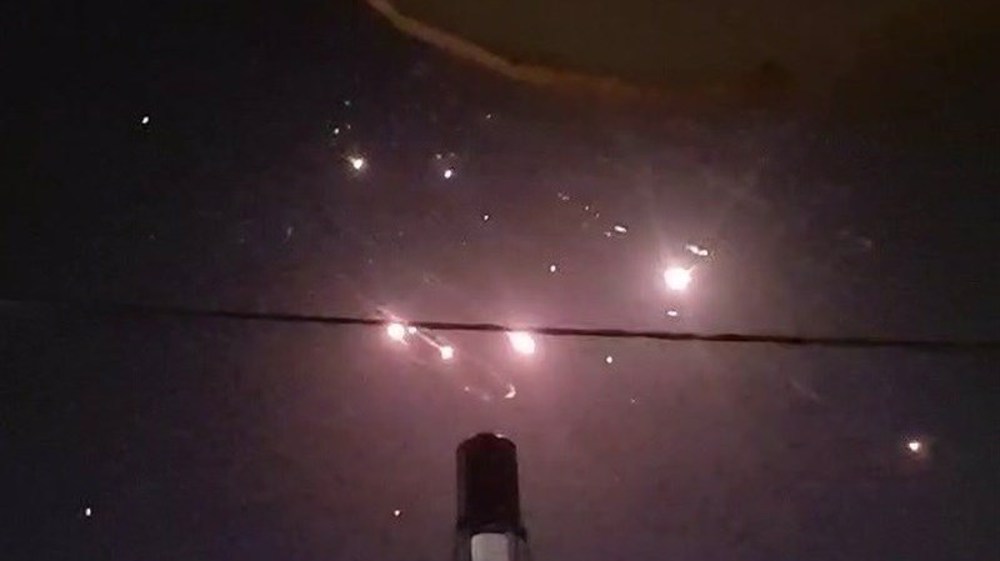
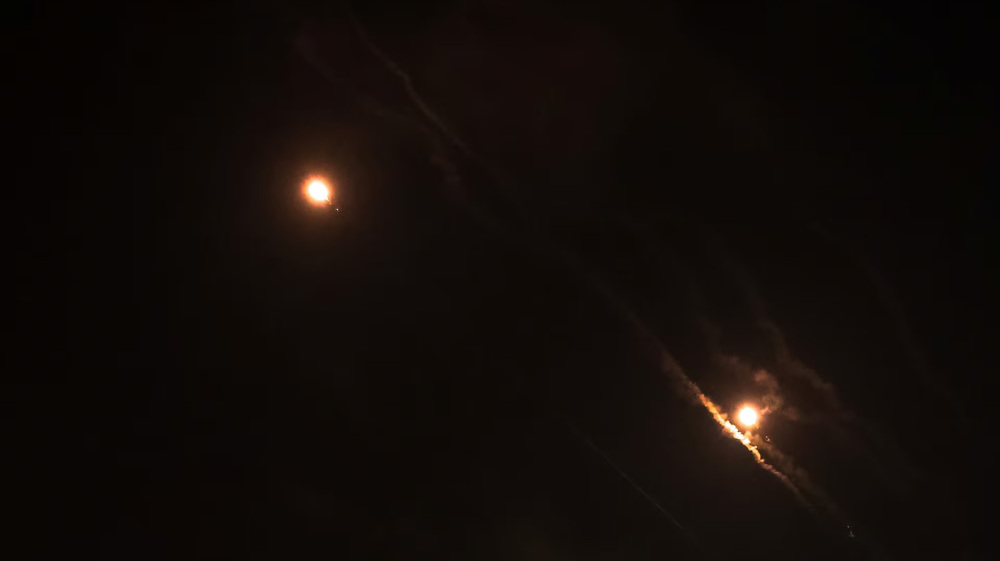
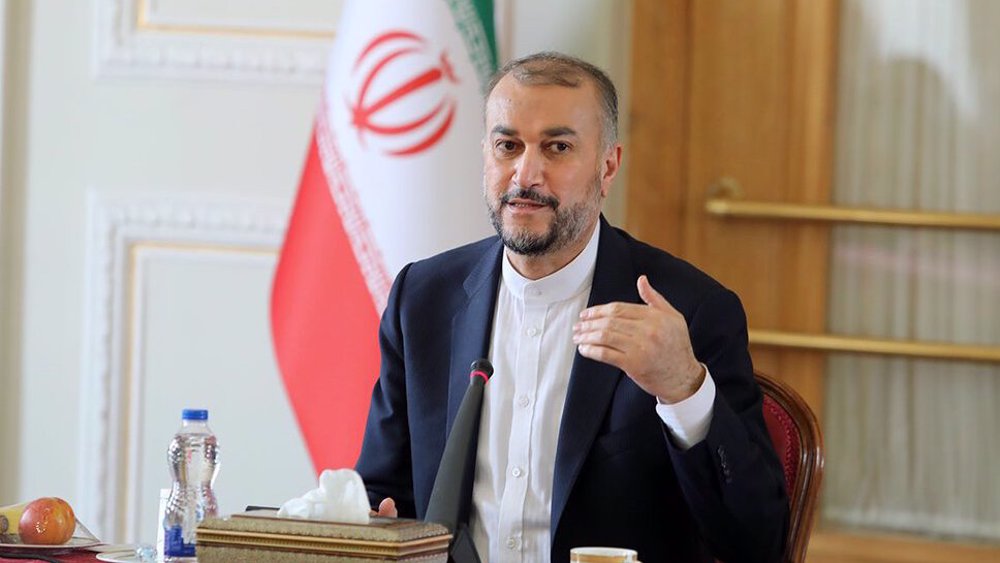
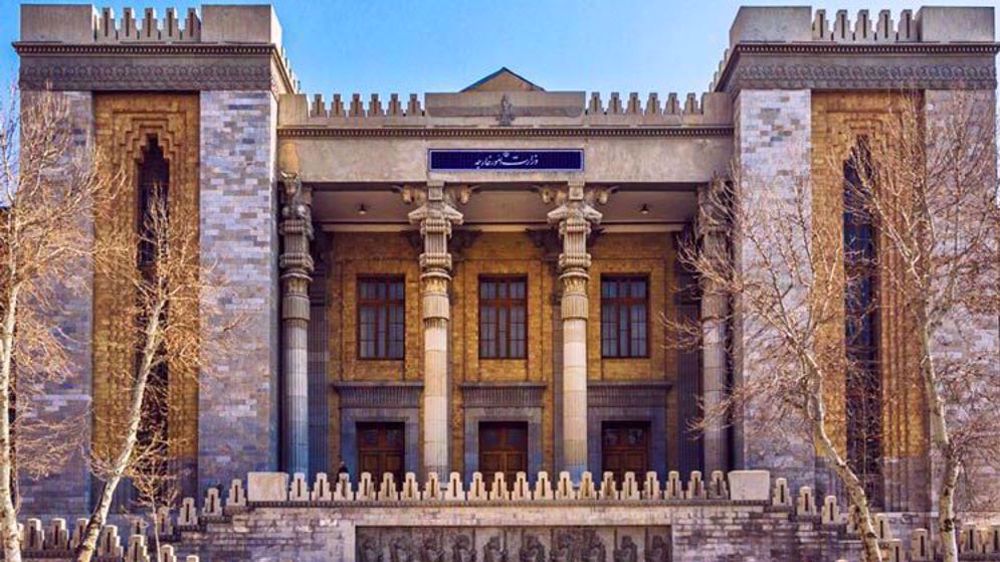

 This makes it easy to access the Press TV website
This makes it easy to access the Press TV website